Syria suspends flights from Iran until late January, says Iranian aviation official
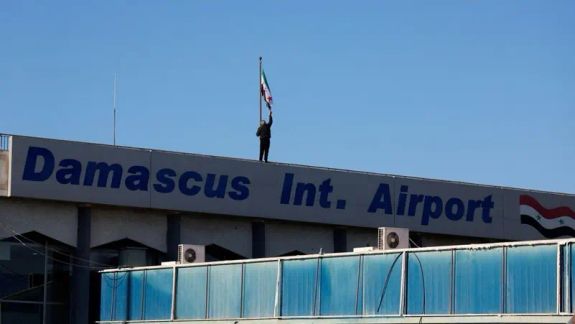
Syria has suspended flights to and from Iran until January 22 amid regional tensions, the head of Iran's Civil Aviation Organization announced Tuesday.

Syria has suspended flights to and from Iran until January 22 amid regional tensions, the head of Iran's Civil Aviation Organization announced Tuesday.
Hossein Pourfarzaneh added that flights will remain suspended until after the New Year holidays.
He also noted, "Even during the tensions in Syria, Iranian flights continued with special permits," but he did not provide further details on these permits.
It remains unclear exactly when the suspension of flights was implemented.
Israeli news website Walla reported on Sunday that the new government of Syria had decided to prevent all Iranian planes - including civilian ones - from flying over Syrian skies.
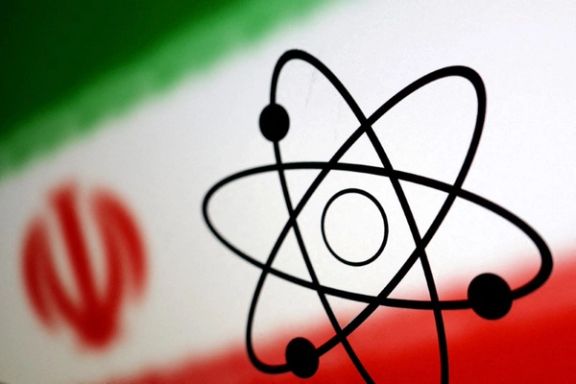
Iran is considering asking Japan to act as a mediator in behind-the-scenes nuclear negotiations with the incoming Trump administration, Kyodo News reported, citing a senior official in President Masoud Pezeshkian's administration.
On Sunday, Iraqi newspaper Baghdad Alyoum reported that Iran received a message from US President-elect Donald Trump through Oman proposing high-level talks on issues including the nuclear file. No Iranian or US official commented on the report.
Meanwhile, US National Security Advisor Jake Sullivan on Sunday said the outgoing Biden administration is briefing Trump's team on the growing risk of Tehran pursuing the development of a nuclear weapon.
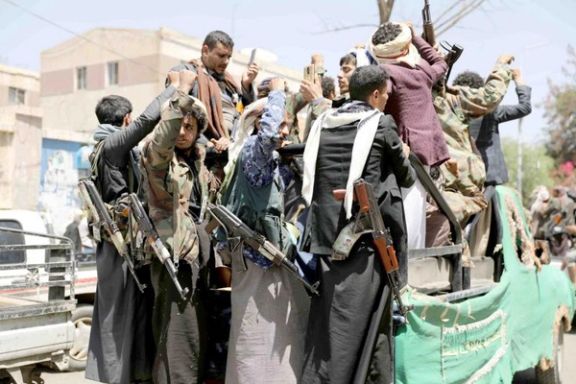
Israeli Foreign Minister Gideon Sa’ar has instructed Israel’s diplomatic missions in the European Union and the United Kingdom to push for the designation of Iran-backed Yemeni Houthis as a terrorist organization.
“The Houthis pose a threat not only to Israel but to the region and the entire world,” Sa’ar said in a statement, warning of the group’s threat to international shipping lanes and calling their designation as terrorists “the first and most basic step” in countering them.
The Houthis are designated as a terrorist organization by several countries, including the US, Saudi Arabia, Malaysia, the United Arab Emirates, Australia, Canada, New Zealand, and Israel. However, no European countries have listed the group as such to date.
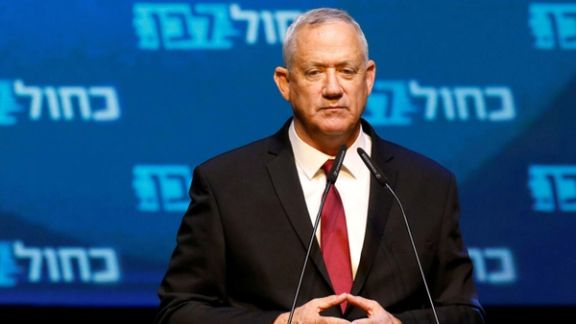
Israeli National Unity Front leader Benny Gantz on Monday joined Mossad chief David Barnea in calling for direct strikes on Iran in response to the Houthis' attacks against Israel.
"The solution is in Tehran: if you want to stop the Houthis' firing, you have to hit Iran directly," Gantz told a meeting of his faction.
His comments came one day after a Ynet report said the Mossad chief had called for a similar strike on Iran in reaction to ongoing attacks by the Houthis on Israel.
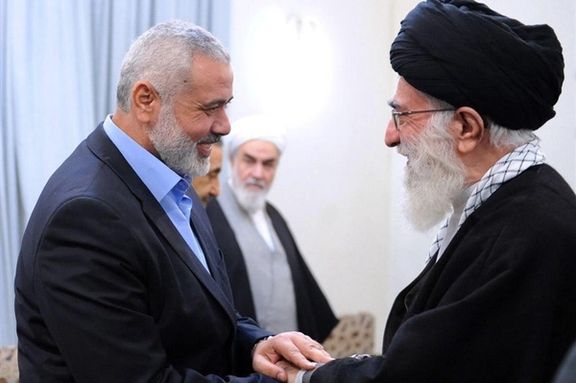
Israel's defense minister on Monday publicly admitted for the first time that the Jewish state assassinated Hamas leader Ismail Haniyeh in Tehran on July 31, 2024.
While Israel's role was already widely understood, its disclosure likely signals Israel is less concerned about provoking an Iranian response after the Islamic Republic and its allies in the region have been dealt harsh Israeli military blows in recent weeks.
"These days, when the Houthi terrorist organization is firing missiles at Israel, I want to convey a clear message to them at the beginning of my remarks: We have defeated Hamas, we have defeated Hezbollah, we have blinded Iran's defense systems and damaged the production systems, we have toppled the Assad regime in Syria, we have dealt a severe blow to the axis of evil, and we will also deal a severe blow to the Houthi terrorist organization in Yemen, which remains the last to stand," Israel Katz said during an evening honoring defense ministry personnel.
"We'll severely cripple the Houthis, damage their strategic infrastructure, and we will behead their leaders – just as we did to Haniyeh, Sinwar and Nasrallah in Tehran, Gaza and Lebanon – we will do it in Hodeidah and Sana'a," Katz added.
Haniyeh was a Palestinian politician who served as prime minister of the Palestinian National Authority for over eight years until 2014 and as chairman of the Hamas Political Bureau from May 2017 until his assassination in Tehran.
He had been attending the inauguration of newly elected Iranian President Masoud Pezeshkian when he was assassinated. At the time, Hamas said they were convinced Haniyeh was killed, along with one of his bodyguards, by an Israeli airstrike on his residence.
Iran's Islamic Revolutionary Guard Corps (IRGC), which was responsible for protecting Haniyeh, said in early August that Haniyeh was assassinated with a "short-range projectile with a warhead of approximately 7 kilograms".
"This action was designed and implemented by the Zionist regime and supported by the criminal government of America," the IRGC added.
Western media reports suggested that Haniyeh was killed by explosive devices planted well in advance in his room, possibly by agents recruited by Mossad, Israel's intelligence agency. A report by The Telegraph says the devices were placed in three separate rooms of the guesthouse, pointing to a meticulously planned operation.
The assassination was carried out despite heightened security measures due to the inauguration which took place one day earlier, underscoring a severe breach in Iran's security apparatus.
A report by the New York Times said at the time that over two dozen individuals, including senior intelligence officers, military officials, and staff at the guesthouse, had been detained in connection with the incident.
Haniyeh's assassination was soon followed by a series of Israeli attacks killing other leaders of Iran-backed groups including Hezbollah chief Hassan Nasrallah on September 27 and Haniyeh's successor Yahya Sinwar on October 16.
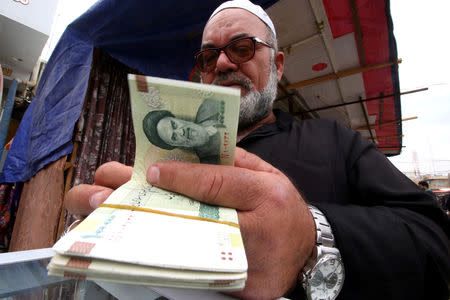
The Iranian currency hit yet another all-time low of 780,250 rials to the US dollar on Monday after the country’s economy minister acknowledged the significant devaluation of the currency.
In a statement during a session of the Iranian parliament's economic commission, Abdolnasser Hemmati said that under normal political and economic circumstances the rial should be trading somewhere close to 73,000 per dollar—a figure significantly higher than Iran’s official exchange rate.
"Of course, this calculation assumes normal economic conditions and stable political and security situations," Hemmati said.
Upheaval in Syria and tensions with Israel along with threats to the economy as US President-elect Donald Trump prepares to take office were among the causes, Hemmati said.
“Given 30% inflation, it is impossible to maintain a stable exchange rate,” Hemmati said.
While Iran has multiple exchange rates, including the open market rate and the official rate, the open market rate most accurately reflects the true value of transactions.
Hemmati further noted that while the government’s official exchange rate is 400,000 rials to the dollar, many goods are traded in the market within the 700,000 to 800,000 rials range.
The reaction to Hemmati’s remarks in Tehran’s currency market was swift and severe. Within hours, the dollar climbed by over 20,000 rials. According to data from Tehran exchange offices, the dollar traded at 780,250 rials, while the exchange rate for dollar remittances rose to 790,800 rials.
The minister later retracted his remarks and said his comments were misinterpreted and that a video of the session had been edited. However, his commentary was widely covered in local media, and currency traders interpreted his comments as a potential sign of further devaluation of the rial.
Hemmati is scheduled to appear before parliament on Tuesday, alongside other officials including the Central Bank’s governor, Iranian media reported. Lawmakers are set to discuss measures to address exchange rate fluctuations and improve economic stability.
The rial has depreciated by over 25% since September, driven by regional conflicts and Iran’s setbacks in Syria and Lebanon.
Since the establishment of the Islamic government in 1979, the Iranian currency has undergone an 11,000-fold decline in value.